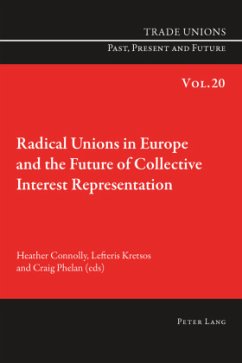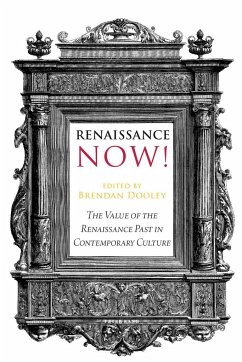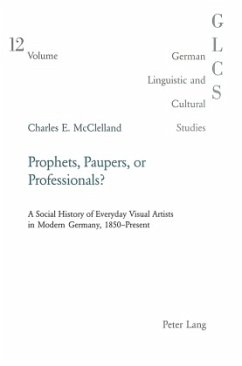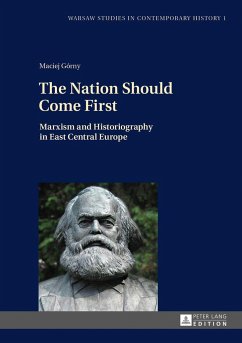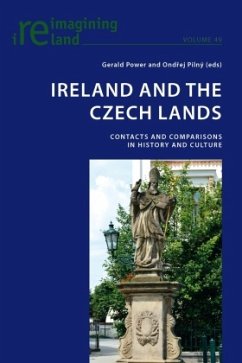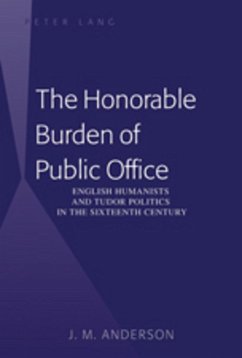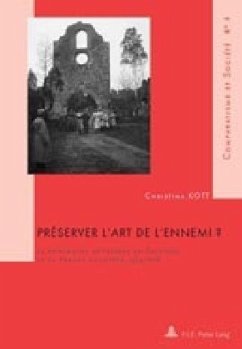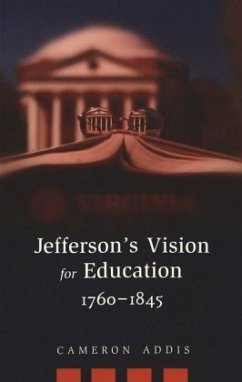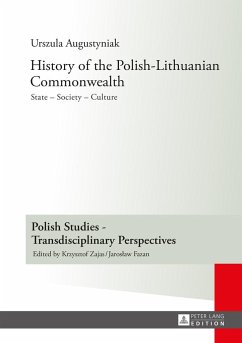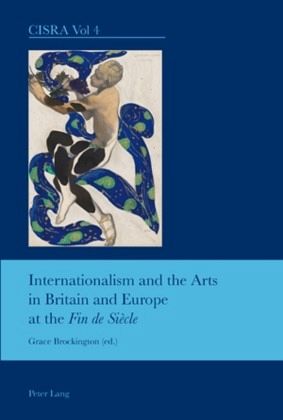
Internationalism and the Arts in Britain and Europe at the "Fin de Siècle"
Versandkostenfrei!
Versandfertig in 6-10 Tagen
85,90 €
inkl. MwSt.

PAYBACK Punkte
0 °P sammeln!
This collection of essays stems from the conference 'Internationalism and the Arts: Anglo-European Cultural Exchange at the Fin de Siècle' held at Magdalene College, Cambridge, in July 2006. The growth of internationalism in Europe at the fin de siècle encouraged confidence in the possibility of peace. A wartorn century later, it is easy to forget such optimism. Flanked by the Franco-Prussian war and the First World War, the late nineteenth and early twentieth centuries were marked by rising militarism. Themes of national consolidation and aggression have become key to any analysis of the pe...
This collection of essays stems from the conference 'Internationalism and the Arts: Anglo-European Cultural Exchange at the Fin de Siècle' held at Magdalene College, Cambridge, in July 2006. The growth of internationalism in Europe at the fin de siècle encouraged confidence in the possibility of peace. A wartorn century later, it is easy to forget such optimism. Flanked by the Franco-Prussian war and the First World War, the late nineteenth and early twentieth centuries were marked by rising militarism. Themes of national consolidation and aggression have become key to any analysis of the period. Yet despite the drive towards political and cultural isolation, transnational networks gathered increasing support. This book examines the role played by artists, writers, musicians and intellectuals in promoting internationalism. It explores the range of individuals, media and movements involved, from cosmopolitan characters such as Walter Sickert and Henri La Fontaine, through internationalist art societies, to periodicals, performance, and the mobility of the Arts and Crafts Movement. The discussion takes in the geographical breadth of Europe, incorporating Belgium, Bohemia, Britain, France, Germany, Hungary, Italy, Norway, Poland, Russia and Slovakia. Drawing on the work of scholars from across Europe and America, the collection makes a statement about the complexity of European identities at the fin de siècle, as well as about the possibilities for interdisciplinary research in our own era.






